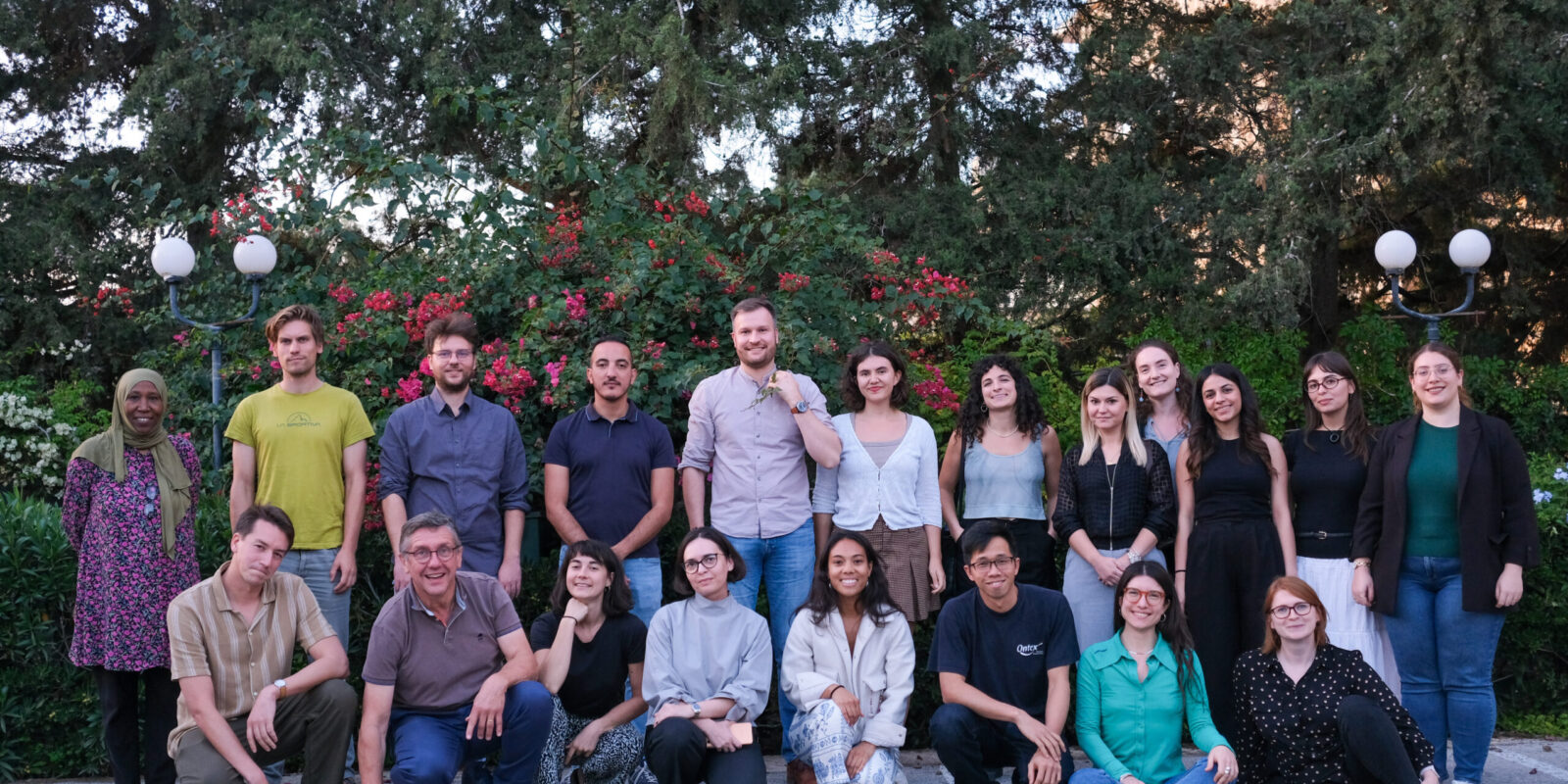
The main conclusion of the report is that mental healthcare provision for detainees is often fragmented and hampered by a severe lack of resources, in spite of the best efforts of many professionals working in this extremely challenging environment.
“Our work in detention has made us acutely aware of the psychological difficulties detainees face, and of the many, often severe, adverse mental health consequences they suffer. We have witnessed first-hand the efforts made by mental healthcare professionals to provide appropriate and dignified care,” says Ms Kristina Zammit, JRS Malta Assistant Director, who runs the organisation’s Psychosocial Service.
“However, having also witnessed the acute levels of distress experienced by detainees with mental ill-health, we cannot but be concerned about the overall efficacy of mental health services for this population. It is for this reason that we undertook this study, with a view to documenting the current situation and making recommendations for improved care and support,” Ms Zammit she concludes.
The report highlights various gaps in how the mental health needs of detained asylum seekers are met including: the physical conditions in the Asylum Seekers Unit at Mount Carmel Hospital, Malta’s psychiatric hospital, which fail to foster a therapeutic environment; the irregular availability of interpreters; problems ensuring continuity of care in detention; and lengthy procedures for release from detention on vulnerability grounds.
It calls upon the government of Malta to address fragmentation in service provision and improve the treatment and care currently provided by:
- Integrating the provision of health care services in detention centres within the governmental primary health care system, thus ensuring proper follow up in detention and beyond;
- Upgrading the existing psychiatric inpatient facilities, which are completely sub-standard, in order to create a therapeutic environment;
- Imposing only those restrictions on individual movement within the ward that are strictly necessary, and ensuring that the focus is on providing therapy rather than on security;
- Guaranteeing the availability of trained interpreters to allow mental healthcare professionals to work unhindered;
- Ensuring that the system is subjected to regular review by the Mental Health Commissioner to ensure compliance with national standards of care in the field.
Care in Captivity? is part of PATHS, a JRS Malta project aimed at ‘Promoting Access To Health and Social services for migrants and asylum seekers in Malta’, through provision of services, capacity-building and advocacy. The publication was funded by the European Commission Representation in Malta.
Our work in detention has made us acutely aware of the psychological difficulties detainees face, and of the many, often severe, adverse mental health consequences they suffer.

